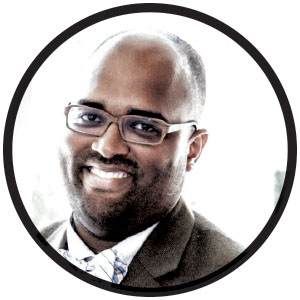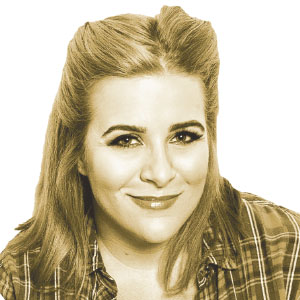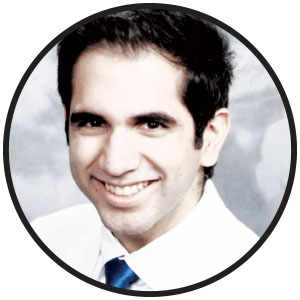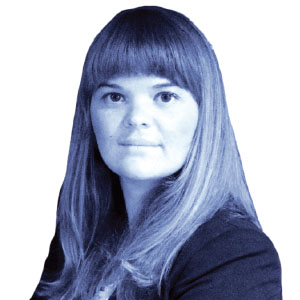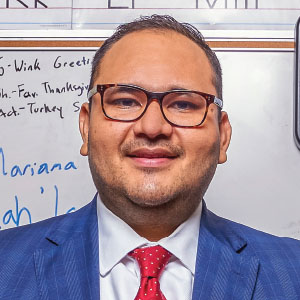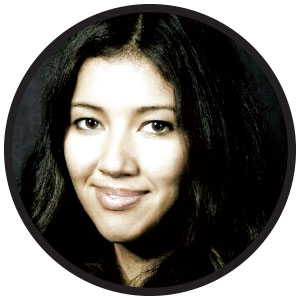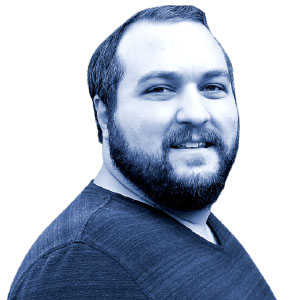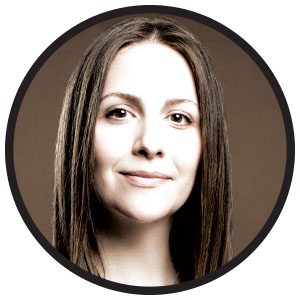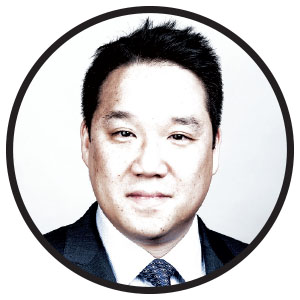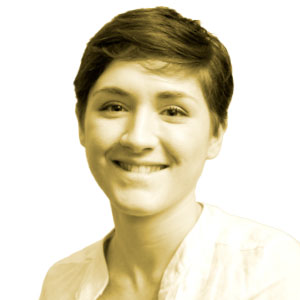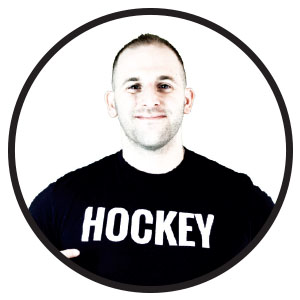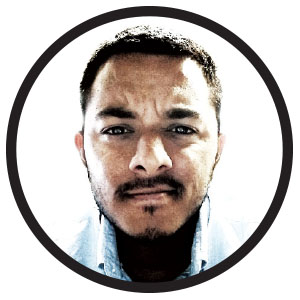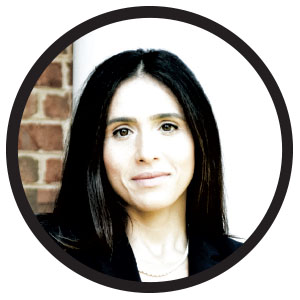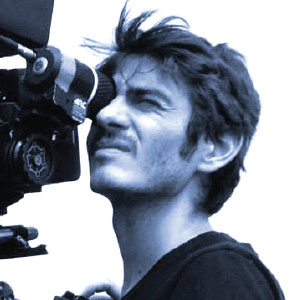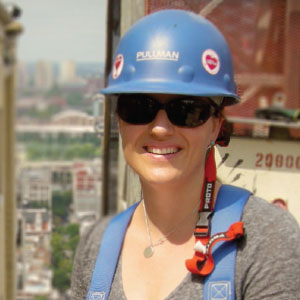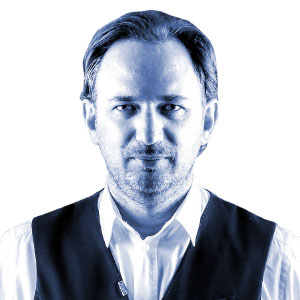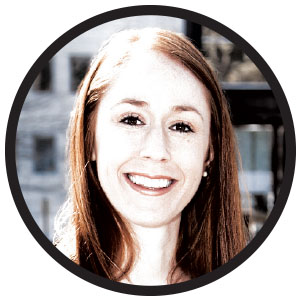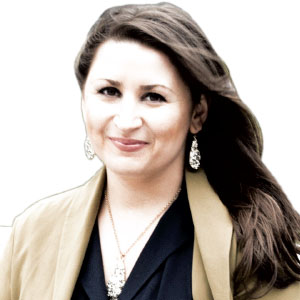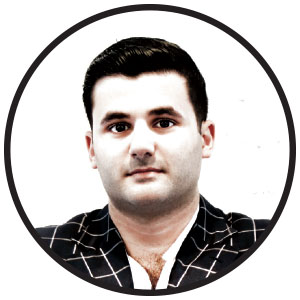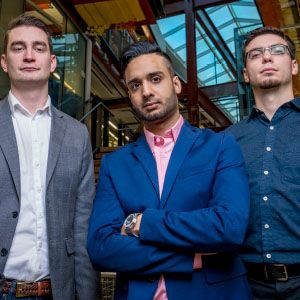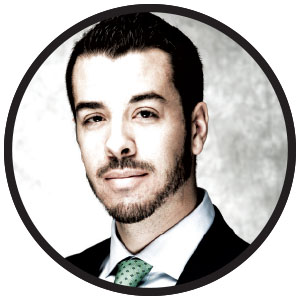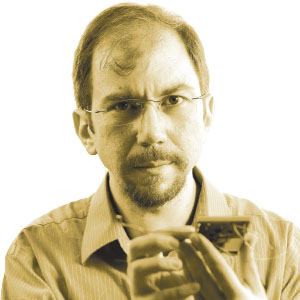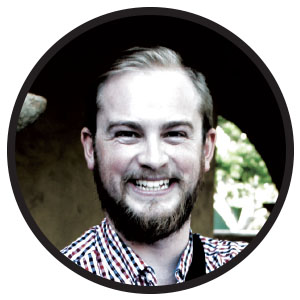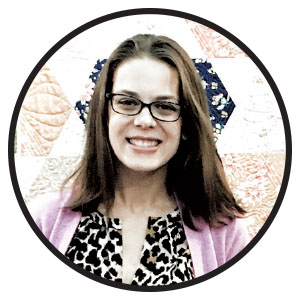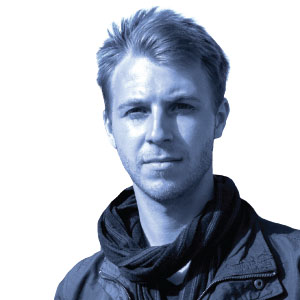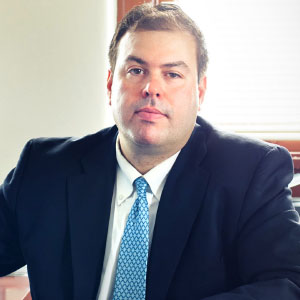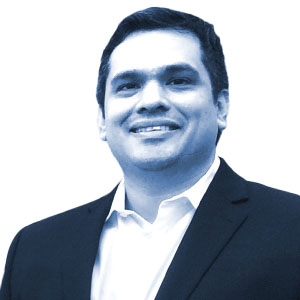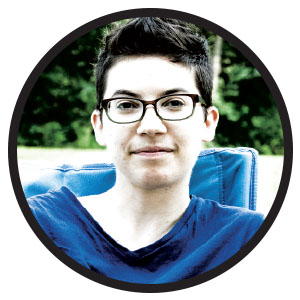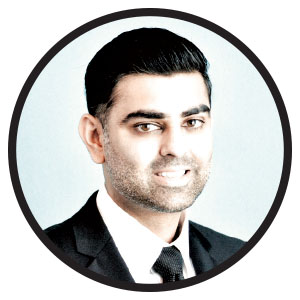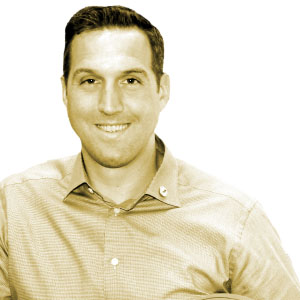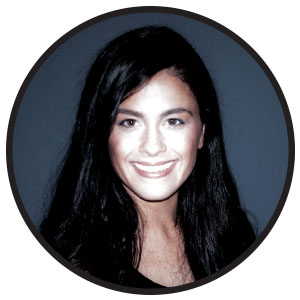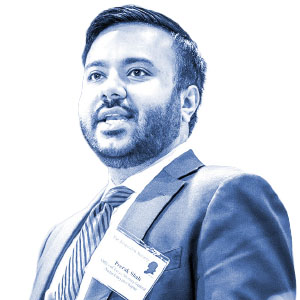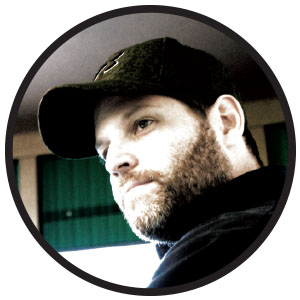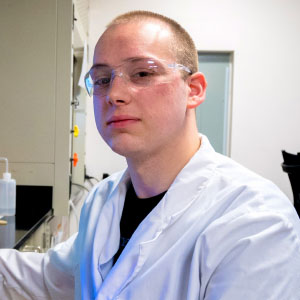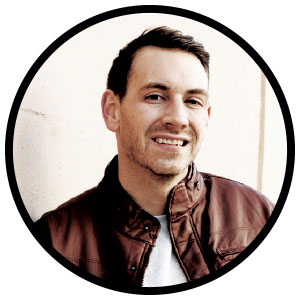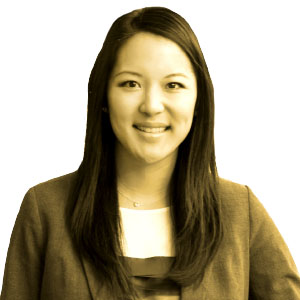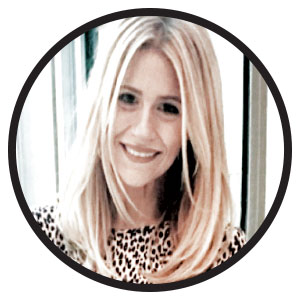Julio Nuñez 35
MS science of instruction and second-language acquisition ’11
Founding principal and CEO, Independence Charter School West
As a boy, Julio Nuñez snuck illegally into the United States. Fortunately for Philadelphia’s public schoolchildren, his journey didn’t end there.
At 15, Julio Nuñez huddled with his mother in the parking lot of a McDonald’s, just over the border from Nogales, Mexico — two Mexican nationals “without papers” waiting for a van to take them to a safe house in the United States.
It was a journey no one in his family had ever expected to make. But the Nuñez’ were never able to regain their middle-class footing after the Mexican government unexpectedly devalued its currency against the U.S. dollar in 1994.
“My family lost nearly everything: Our home, cars, savings and more importantly, the working capital for my dad’s small business,” recalls Nuñez, now 35. “The situation pulled my family apart.” After struggling for a couple of years, his father crossed the border to join a relative in the Philadelphia area and spent two years sustaining his wife and children back home with a series of back-breaking jobs until they could join him.
Since then, Nuñez has put any number of barriers behind him. The family gained legal residency under sponsorship from his father’s employer. Nuñez graduated from high school, and cycled through various majors at Montgomery Country Community College before discovering a passion for writing and completing a degree in journalism with concentrations in economics and political science at Temple University. He earned a political journalism fellowship in Washington, D.C., and represented the United States on a Fulbright scholarship in Germany.
Finally, in 2011 he became a citizen — the moment he was eligible, he says. Soon after, he completed his master’s degree from Drexel. And he found what he hopes is a lifelong career path in education.
Nuñez began teaching in North Philadelphia public schools in 2009 on a bilingual teaching fellowship. Lisa Walsh, a teacher who worked with him at the time, says Nuñez was driven to help kids overcome socioeconomic obstacles.
Eventually, Nuñez decided to commit himself to administrative work, and pestered his bosses until he was appointed vice principal at Julia De Burgos Elementary School in the Fairhill section of the city.
“He’s extremely well-versed on politics and the current climate,” Walsh says. “[He understands] how systems work, and how to get things done in a bureaucratic system.”
“Administration, I think, is the most challenging work in the city,” Nuñez says. “There are a lot of moving parts you’re responsible for, but you don’t have a lot of leverage.”
In 2016, Nuñez was hired as the founding principal for Independence Charter School West, a school that, like the highly regarded Independence Charter School already established in Center City, emphasizes second-language acquisition with weekly courses in both Spanish and English. Tom Scheid, CEO of Independence Charter Schools, says the schools’ board chose Nuñez to direct the new branch because of his facility with Spanish, his personal experience learning a second language and his passion for urban education.
Now in its second year, the school has grown from 300 to 400 students, most of whom are African American or biracial. Founded as a K-3 school, ICSW plans to add a grade every year until it serves students K-8. Nuñez says he was drawn to the school’s philosophy that students are more than a test score — that they enjoy and are enriched by art, sports, language and music the same way that adults are.
“The successes I have had cannot solely be attributed to hard work,” Nuñez reflects. “My family, education and the people in this country, whom I truly believe are inherently empathetic to the immigrant story, have been the primary enablers. Now, I aim to be one for others.” — Jared Brey



